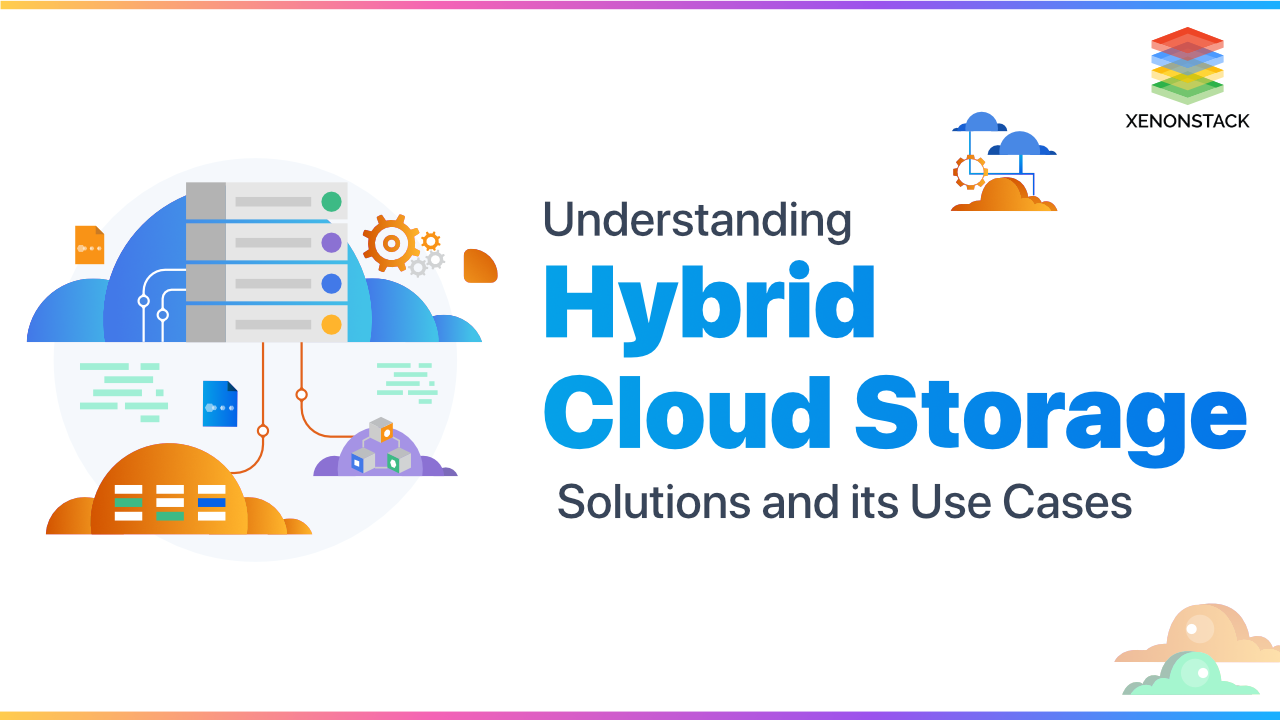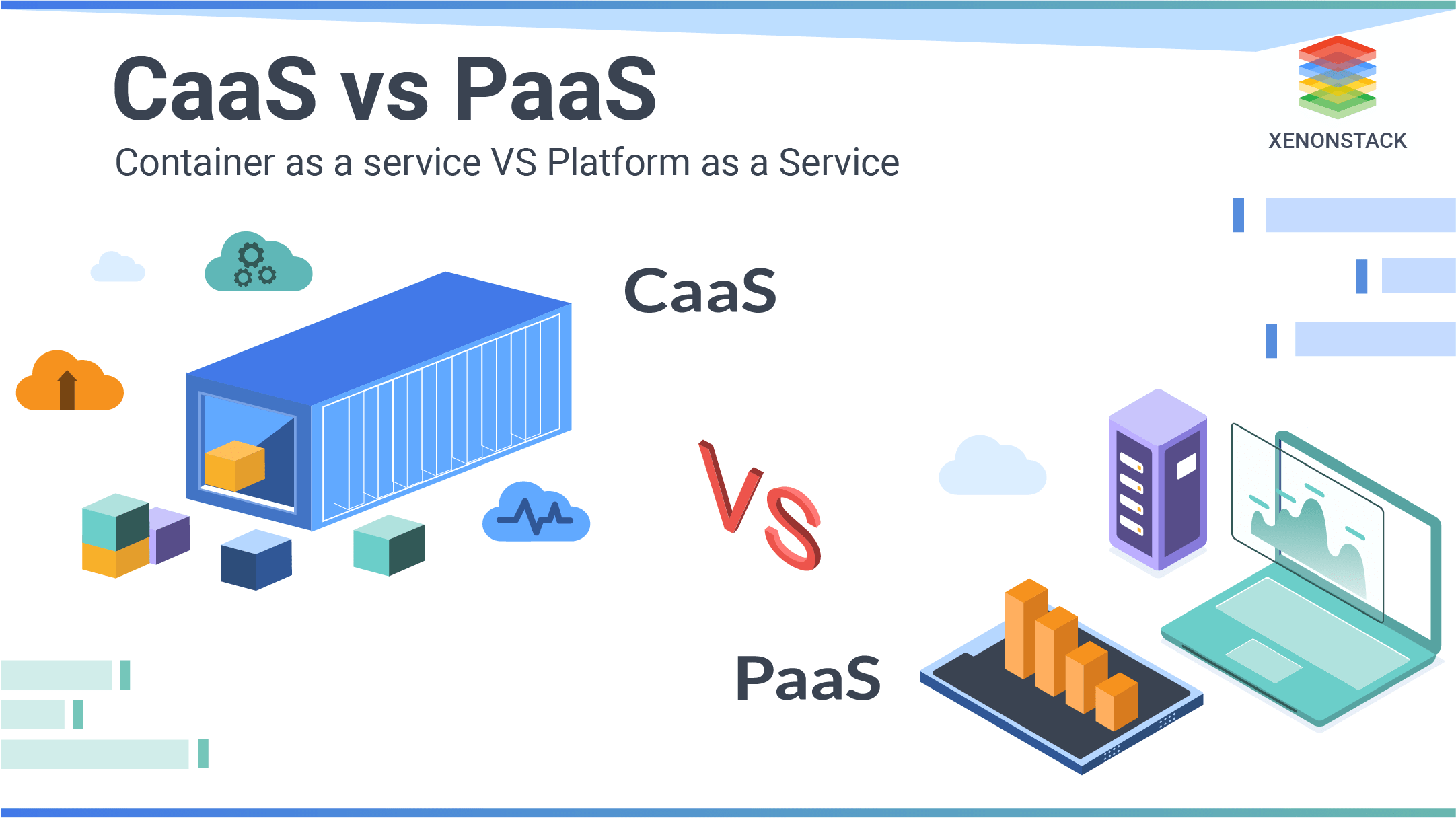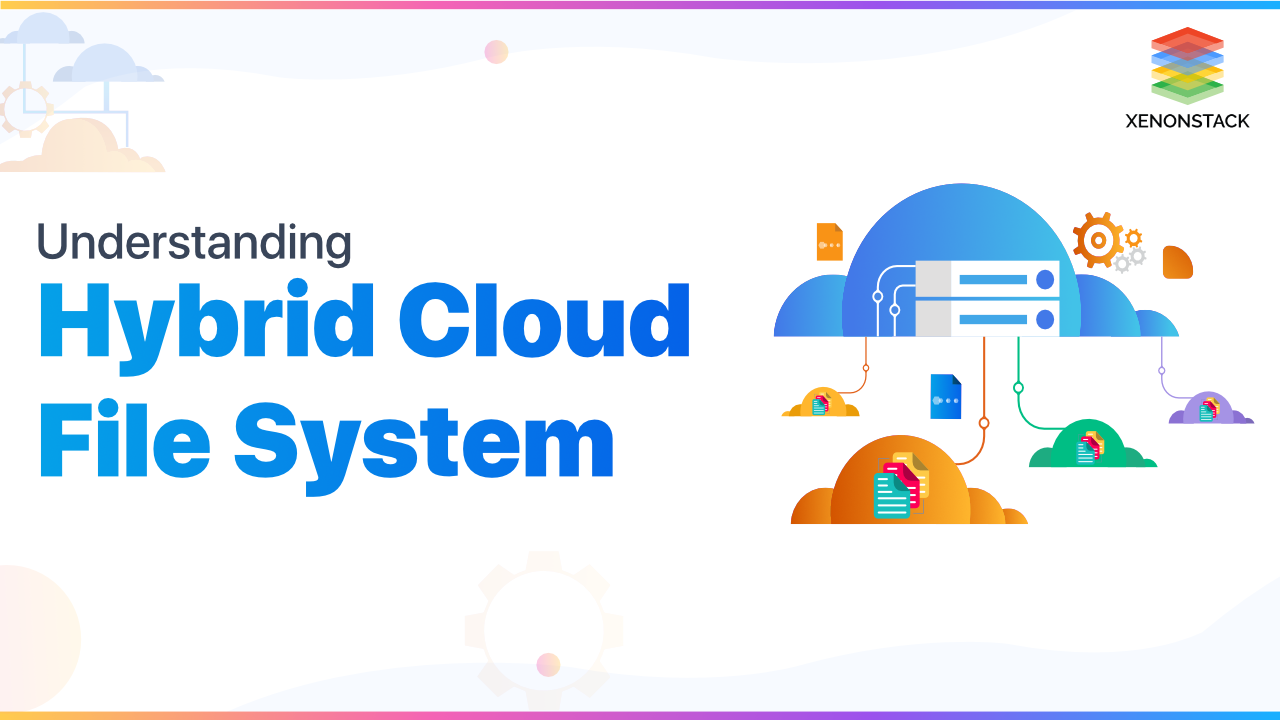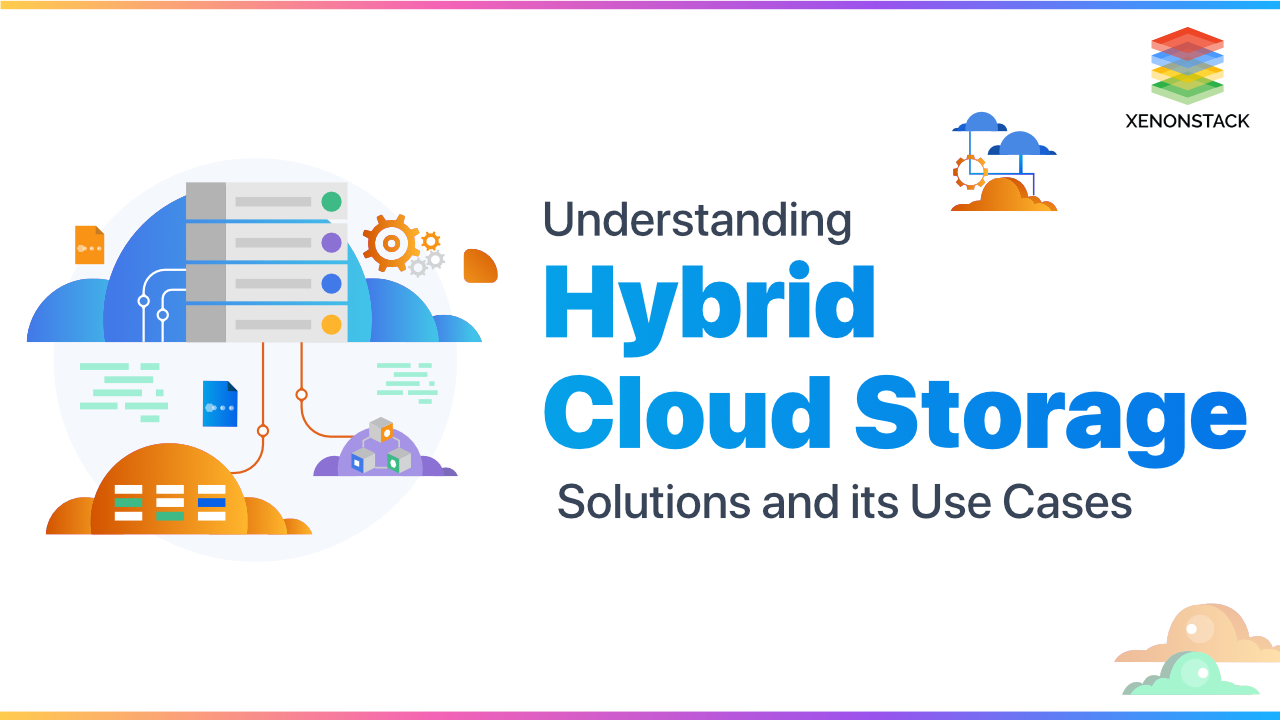
What is a Hybrid Cloud?
As the name implies, the hybrid cloud combines the benefits of both the private and public cloud. It delivers the high-security features of the private cloud merged with the public cloud's fast connection and easy-to-access features.
Even if the public and private segments of the hybrid cloud are bound together, they remain unique entities. This allows the hybrid cloud to offer the benefits of multiple deployment models at once.
A method of observing, reviewing, and managing the workflow in a cloud-based infrastructure. Click to explore about, Cloud Management and Monitoring Tools
What is the importance of a Hybrid Cloud?
-
Elimination of DDOS (Distributed Denial of Service) Attacks.
-
Data Management.
-
Increased Security and Reduction in Risk.
-
Cost Optimization.
-
Similar to Private Cloud.
Benefits of Hybrid Cloud
-
It’s highly scalable
-
A hybrid cloud is more secure
-
Better agility
-
Cost-efficient
The architecture of Hybrid Cloud: The architecture of hybrid cloud operates upon three primary components of a modern cloud computing environment, which are as follows -
-
Public cloud infrastructure as a Service (IaaS) platforms include Amazon Web Service (AWS), Microsoft Azure, and Google Cloud Platform.
-
The development of a private cloud either through a hosted private cloud provider or on-premises.
-
Sufficient wide-area network (WAN) connectivity between the two above two environments.
An initiative to combine the storage interface of Container Orchestrator Systems(COS) such as Mesos, Kubernetes, Docker Swarm, etc. Click to explore about, Container Storage Interface for Kubernetes
Use Cases of Hybrid Cloud
-
Disaster Recovery and High Availability—Setting an Independent environment for disaster recovery can be very costly. A hybrid cloud setup, where the on-premises data center fails over to public cloud services in the case of an emergency, is much more affordable.
-
Archive - The cloud archive is stored as a service for long-term data storage.
-
Cloud bursting - It is an application deployment model in which an application runs in a data centre or private cloud and breaches into a public cloud when the request for computing capacity spikes. The advantage of such a hybrid cloud deployment is that an organization only pays for extra resources when needed.
Benefits of Hybrid Cloud Solutions
Value Creation - By using better resource management, your employees can complete tasks on time and are available to do more tasks that make your business more profitable.
Agile Business - Gain the flexibility to scale your infrastructure resource as per your need. Why should any organization choose hybrid cloud solutions?
-
Hybrid cloud solutions offer flexibility in deployment
-
The best-in-class hardware, software, and services according to your business requirements
-
Hybrid Cloud Solutions Can Decrease Operating Costs
-
Hybrid Cloud Improves Compliance
Edge AI is a system that uses Machine Learning Algorithms to process the data which is generated by the hardware devices at the local level. Click to explore, Artificial Intelligence in Edge Computing
Why do we need Hybrid Cloud solutions?
Public cloud - Public cloud is based on the standard cloud computing model In which your data is stored in the provider’s data centre, and the provider is accountable for the administration and maintenance of the data centre. The public cloud is ideal for small and medium-sized businesses with fluctuating demands. The public cloud is low-cost.
Advantages of public cloud:
- Low Cost
- Reliable
- Flexible
- High Scalability
Public Cloud Use Cases
- Infrastructure Scaling
- Platform Development
- Hosted Services
Private Cloud - A private cloud hosting solution, also known as an internal or enterprise cloud, tenants on the company’s intranet or hosted data centre where all client data is protected behind a firewall. A private cloud suits larger businesses or those with strict data, regulation, and governance obligations. There are two variations of a private cloud
-
On-premise Private Cloud—This type of cloud is hosted within an organization's own facility. It is extremely useful for applications that require complete control and configuration of the infrastructure and security.
-
Externally Hosted Private Cloud - Externally hosted private clouds are also exclusively used by one organization but are hosted by a third party specializing in cloud infrastructure.
Advantages of a Private Cloud
- Get more flexible so any organization can customize its cloud environment to meet specific business needs.
- Security
- More Control
Private Cloud Use Cases
- SaaS
- Expanding computing capacity
- Application development and testing
Some Hybrid Cloud Solutions Providers: Organizations now adopt a Hybrid Cloud Computing environment to manage workloads on-premises and externally. With the on-demand availability of public and private clouds, hybrid clouds suit most enterprises. The hybrid model provides businesses with a competitive edge through some- Demand services, the ability to switch between clouds, and flexible high-end solutions such as -
-
Cloud Management
-
Cloud Security
-
Automation
-
Networking
-
Consulting
Various cloud solution providers offer hybrid cloud solutions in different service models, such as IaaS (Infrastructure as a Service), SaaS (Software as a Service), and PaaS (Platform as a Service).
An approach to developing, building, and shipping applications that take advantage of modern Cloud computing services. Click to explore about, Guide to Cloud Native Security and Beyond
What is Microsoft Azure Platform?
Microsoft Azure, commonly known as Windows Azure, implements public cloud services that recognize new cloud application development as great as the more regular migration of current enterprise applications to the cloud. It offers many cloud services for computing, analytics, storage, and networking.
Users can choose from these services to develop and scale new applications or run existing applications in the public cloud. Microsoft's new Cloud Platform System (CPS) can handle organizations' traditional infrastructure and sensitive information on-premise using the same management tools as the Azure public cloud.
Why Microsoft Azure?
-
Platform as a Service (PaaS) capabilities
-
Hybrid Solutions for seamless cloud connectivity
-
Security offering
-
Integrated environment
Microsoft Azure Services
-
Compute—These Services enable a user to deploy and manage VMs, containers, and batch processing and also support remote application access.
-
Web - These services support the development and deployment of the web application.
-
Data Storage - This category of services provides cloud storage for structured and unstructured data.
-
IoT—These services help users capture, monitor, and analyze IoT data from sensors and other devices.
Microsoft Azure Use Cases
-
IoT Services
-
Disaster Recovery
-
Feature Testing
-
User-Generated Content Hosting
-
Product Database And Catalogs

What is Amazon Web Services (AWS)?
Amazon Web Services is one of the most prominent hybrid cloud solution providers that offer IaaS and PaaS cloud service models. AWS has always been known to provide the best public cloud computing services. For enterprise uses, AWS now seamlessly integrates private data centres with public cloud resources through services like Direct Connect. This service reduces network costs and improves bandwidth throughput.
For management that needs to integrate data centres (within the company firewall) with the public cloud platform to handle top usage spikes, Amazon Web Services enables the integration of on-premises, role-based access control systems like Active Directory with the Amazon Web Services IAM (Identity and Access Management) service.
Hybrid Cloud Architecture of AWS
-
NAT Gateway—NAT refers to a (Network address translation) gateway that facilitates instances in a private subnet to correlate to the Internet or other AWS services but prevents the Internet from initiating a connection with those instances.
-
Amazon VPC—VPC refers to a Virtual Private Cloud. It enables you to pool AWS resources into a virtual network that you have defined. This virtual network closely parallels a traditional network that you had to work in your own data center, with the advantages of using AWS's scalable infrastructure.
Benefits of AWS
-
Easy to use
-
Flexible
-
Cost-Effective
-
Reliable
-
Scalable and high-performance
-
Secure
What are the AWS services?
-
Compute—Amazon Elastic Compute Cloud (EC2) provides computing capacity through a virtual server called an instance. EC2 does not provide instance types with varying abilities and sizes.
-
Storage - Amazon Simple Storage Service provides scalable object storage for unstructured data.
-
Migration, hybrid cloud—AWS offers various tools to help users migrate applications and databases onto its public cloud.
-
Security—AWS provides a range of services for cloud security, including IAM, which allows the admin to define user access to resources.
-
Mobile development—The AWS mobile hub provides tools and services for mobile app development, such as the AWS mobile SDK, which includes code samples and libraries.
A multi-cloud is usually comprised of a private, public cloud to fulfill the organization's end goals, which vary from organization to organization. Click to explore about, Multi Cloud Management Strategy
AWS Use Cases
-
Backup and Storage—AWS provides low-cost data storage with high durability and availability. It offers storage choices for block and object storage.
-
Big Data
-
Web, Mobile, and Social Apps
-
Gaming
- Learn more about Enterprise Hybrid Cloud Storage Solutions
- Contact Us for Cloud Infrastructure Services and Solutions
Next Steps with Hybrid Cloud
Talk to our experts about implementing compound AI system, How Industries and different departments use Agentic Workflows and Decision Intelligence to Become Decision Centric. Utilizes AI to automate and optimize IT support and operations, improving efficiency and responsiveness.


